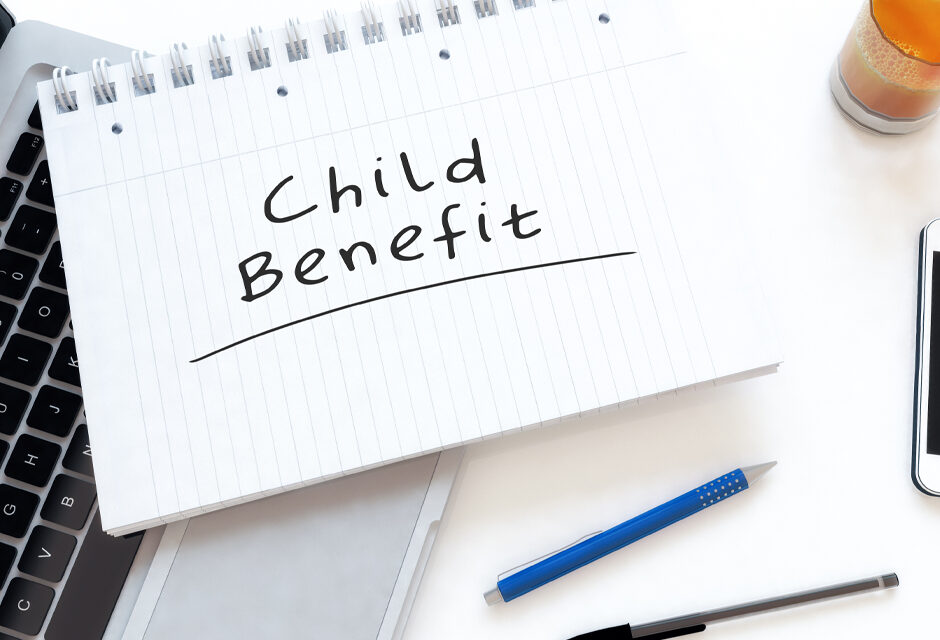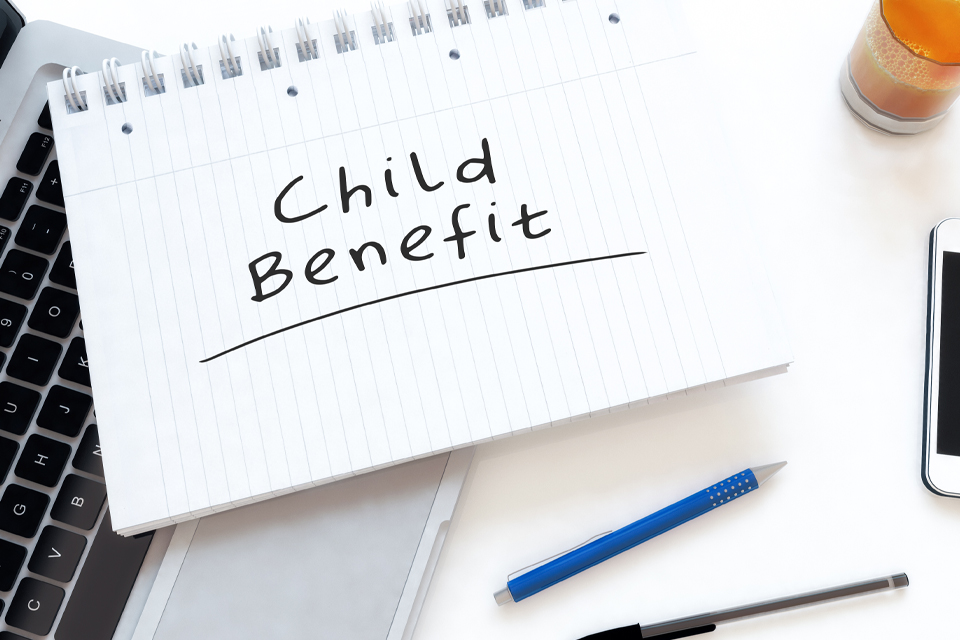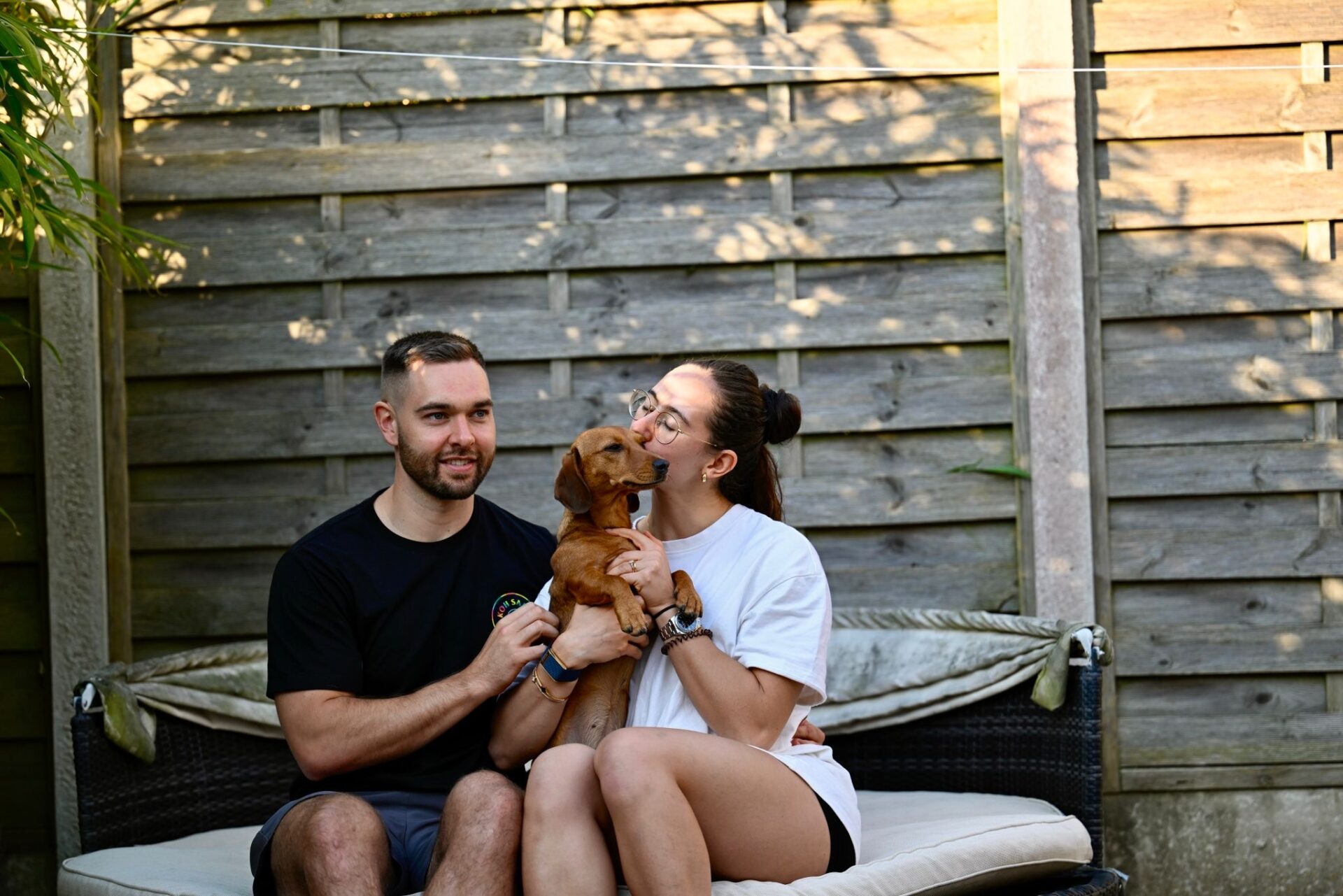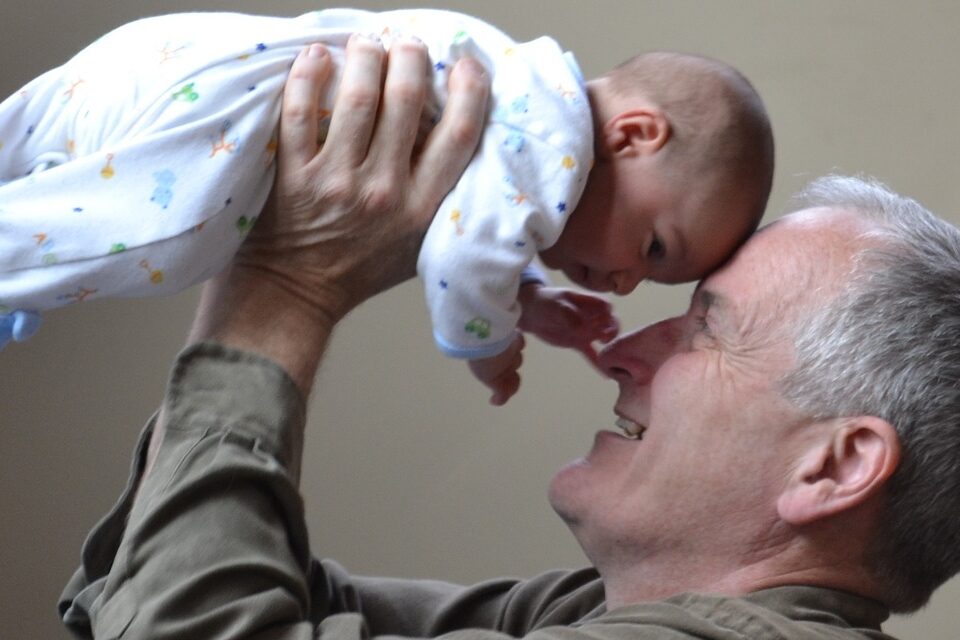

The High-Income Child Benefit Charge (HICBC) is a tax charge that applies to higher earners who receive child benefit, or whose partner receives it.
From April 2024, the government is increasing the income threshold at which the HICBC comes into effect from £50,000 to £60,000.
In addition, the rate at which the HICBC is charged will also be halved from 1% of the child benefit payment for every additional £100 earned above the threshold, to 1% for every £200 above the threshold. This means child benefit will not be withdrawn in full until individuals earn £80,000 or more.
Due to these changes, the government estimates around 485,000 families will gain an average of £1,260 towards the costs of raising their children in 2024/25, with around 170,000 families no longer being liable to the HICBC at all.
The government recognises issues that have been raised around the unfairness in how the HICBC is currently charged on an individual basis. For instance, dual income families on £49,000 each (with a household income of £98,000) may not be liable to the HICBC, but a single parent earning over £50,000 could.
In response, the government plans to administer the HICBC on a household rather than individual basis by April 2026, and government will consult in due course.





